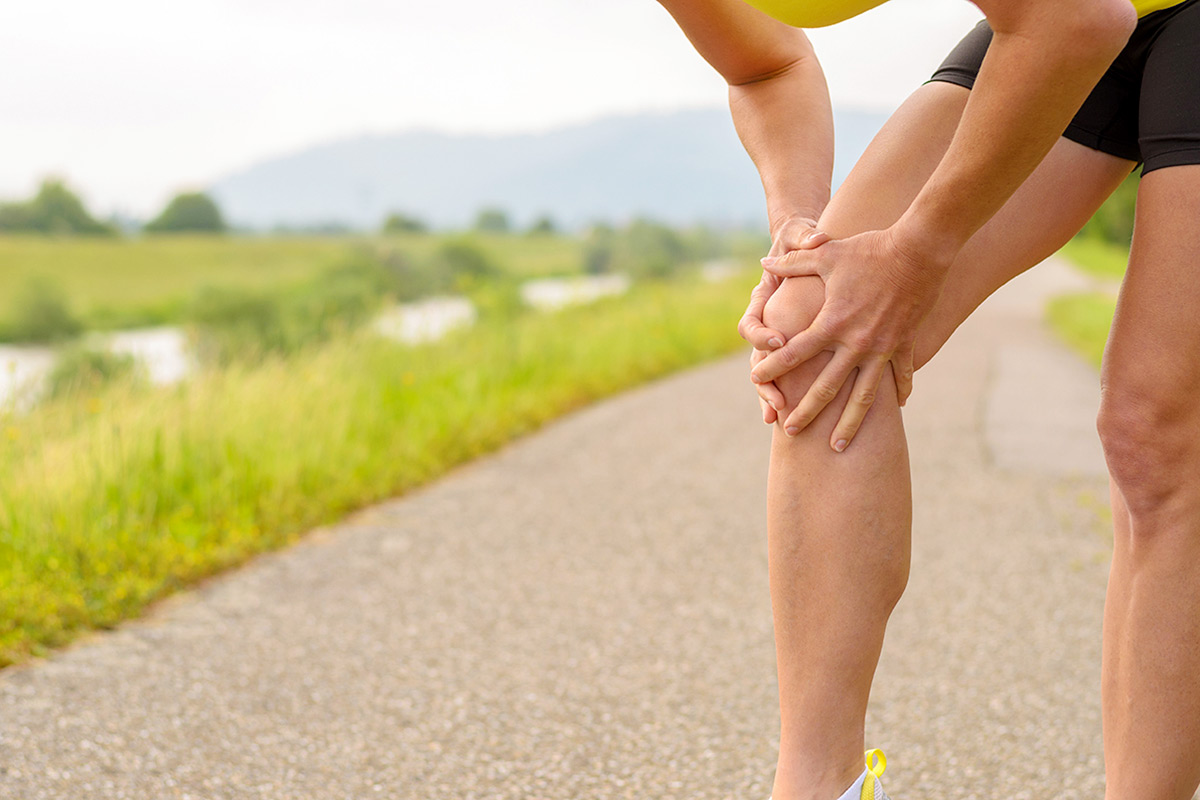Chronic knee pain and treatment options
Knee pain is quite common, and minor cases can usually be managed under self-care techniques such as medication and rest. However, when knee pain becomes chronic, it can be difficult to walk and participate in daily activities.
Causes of chronic knee pain
Several types of traumatic injuries, such as when someone falls or receives a blow to the knee, can lead to knee pain that lasts years after the initial injury. The most common are torn ACL, torn meniscus, knee bursitis, and patellar tendinitis. However, chronic knee pain is most often caused by everyday wear and tear, overuse, or by certain medical conditions, such as:
- Degenerative conditions, such as osteoarthritis
- Rheumatoid arthritis
- Obesity
- Tendinitis
- Gout
- Bursitis
- Infections, such as cellulitis
- Patellofemoral syndrome (sometimes called “runner’s knee” or “jumper’s knee”)
Treatment options for chronic knee pain
Physical therapy to rehabilitate the knee and medication therapy are often first steps in treating chronic knee pain. If there is no sign of improvement or reduced pain, your pain specialist may recommend other treatment options. Minimally invasive techniques such as injections including corticosteroids (to reduce inflammation) and hyaluronic acid (to help cushion and lubricate the moving parts within the knee) can provide relief. However, if a patient’s condition does not improve with conservative therapies within six months, surgery may become an option. Arthroscopic surgery, partial knee replacement surgery, and total knee replacement surgery are the three most common kinds of surgeries to relieve knee pain.
Lifestyle changes to reduce knee pain
There are also lifestyle changes that you can make to help alleviate your knee pain. Your knee supports about one-and-a-half times your body weight with each step. So, every pound of excess weight places added pressure on your knee. Keeping your body weight in check can greatly reduce excess stress on your knees.
If you participate in high-impact activities like running, aerobics, or sports that require quick starts and direction changes such as basketball, consider switching to a low-impact workout instead. Activities such as swimming, biking, or walking can reduce the stress on your knees. Also, take note of your gait. The usual way you stand and walk may put excess strain on your knee that can lead to pain. If you find you have pain in your knees, hips, or joints when you walk or move in certain ways, working with a physical therapist may be helpful to improve your gait.
At PRC Alliance Pain Relief Centers, our pain management specialists are experts in treating chronic knee pain due to any injury or condition. If you’re experiencing persistent knee pain, contact us today.
Rabinder Bhatti, DO is a double board certified pain management physician at PRC Alliance Pain Relief Centers. To learn more, visit Dr. Rabinder Bhatti’s profile.


